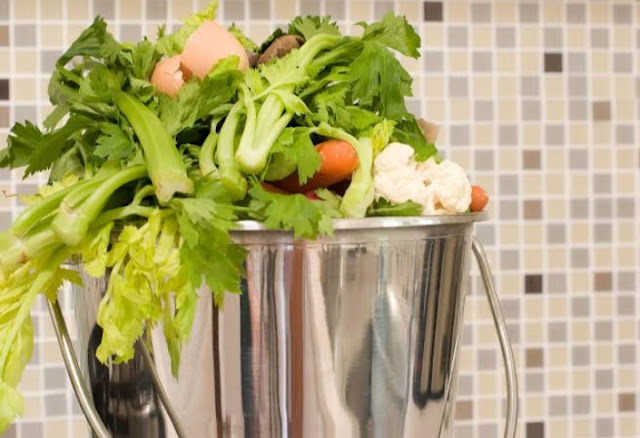 |
| DIY home-made fertilizers |
If you don't have money for buying the best organic fertilizers for plants then you don't require to spend a lot of money on fertilizers. With these DIY versions produced from substitutes found in your pantry and backyard, your garden will thrive. So, in this article let's know about the - How to make Organic fertilizers at home?
Organic gardening is most popular as ever, and the peocesses we use have a significant impact on our health as well as the health of the earth. We can use a different types of all-natural fertilizers in our garden or with our potting soil.
Many of the fertilizers can be produced or gathered at home with typical pantry or backyard items. Let us considered about the fertilizers that used as a fertilizers. There are about six of our favorite home-made fertilizers that we can created ourself at home.
Home-made Fertilizers for plants :
1) Weeds:
 |
| Weeds as a fertilizer |
There are many of the weeds we can search in our gardens, such as grass clippings, are rich in nitrogen and will produce a better fertilizer. Now, solution is that -Fill a five-gallon bucket with weeds you have removed, but not more than 1/4 full. Then fill the bucket with water to the top and soak the weeds for a week or two. Pour this solution over your garden once the water has turned into tea brownl like colors.
2) Kitchen Scraps:
 |
| Kitchen scraps as a fertilizer |
Kitchen Scraps are correct gold for our garden. Composting is a better way to put our kitchen and yard trash to better use. Compost takes a long time to release nutrients, so a well-composted garden can last a year or two without needing fertilizer. Compost also aids in the retention of moisture in the soil, which is required for vegetable gardens to thrive throughout the hot, dry summer months.
3) Leaves of a Tree
 |
| Leaves of tress as a fertilizer |
Gathered the fall leaves for our gardens rather than bagging them and throwing them out on the curb. Leaves are higher in trace minerals, attract earthworms, retain moisture, and aid in the lightening of heavy soils. We can either plough leaves into our soil or mix crushed leaves into potting soil or use them as a mulch to nurture our plants while also keeping weeds at bay.
4) Ground Coffee:
 |
| Ground coffee as a fertilizer |
Coffee has different applications, but one of the best important is that it can be used as a fertilizer. Several different plants flourish in acidic soil, including blueberries, rhododendrons, roses, and tomatoes. Recycle your coffee grinds to help your soil become more acidic. You may either top dress by dusting the used grinds over the soil's surface, or you can produce "coffee" to pour over your gardens. To created garden coffee, soak up to six cups of leftover coffee grounds for up to a week, then use it to water acid-loving plants.
5) Eggshells-
 |
| Eggshells as a fertilizer |
We know that, Eggs are a highly rich source of calcium and potassium for our human health, and we humans enjoy eating them for breakfast. The calcium in these eggshells aids in the formation of a robust cell structure in plants. Remove the contents of the egg, clean the eggshells, and crush them well with a mortar and pestle to use them. Spread the crushed shells over the top layer of soil in a uniform layer. The shells would be absorbed by the earth on their own.
6 ) Peeled Banana
We all have a habit of tossing banana peels away, oblivious to the fact that our small garden needed them the most. Banana peels are containing more phosphorus and potassium, which can help our plants grow stronger, produce more fruit, and resist disease. So save the peel for your garden the next time you eat a banana.
So, this are the some best home-made Fertilizers for plants.

